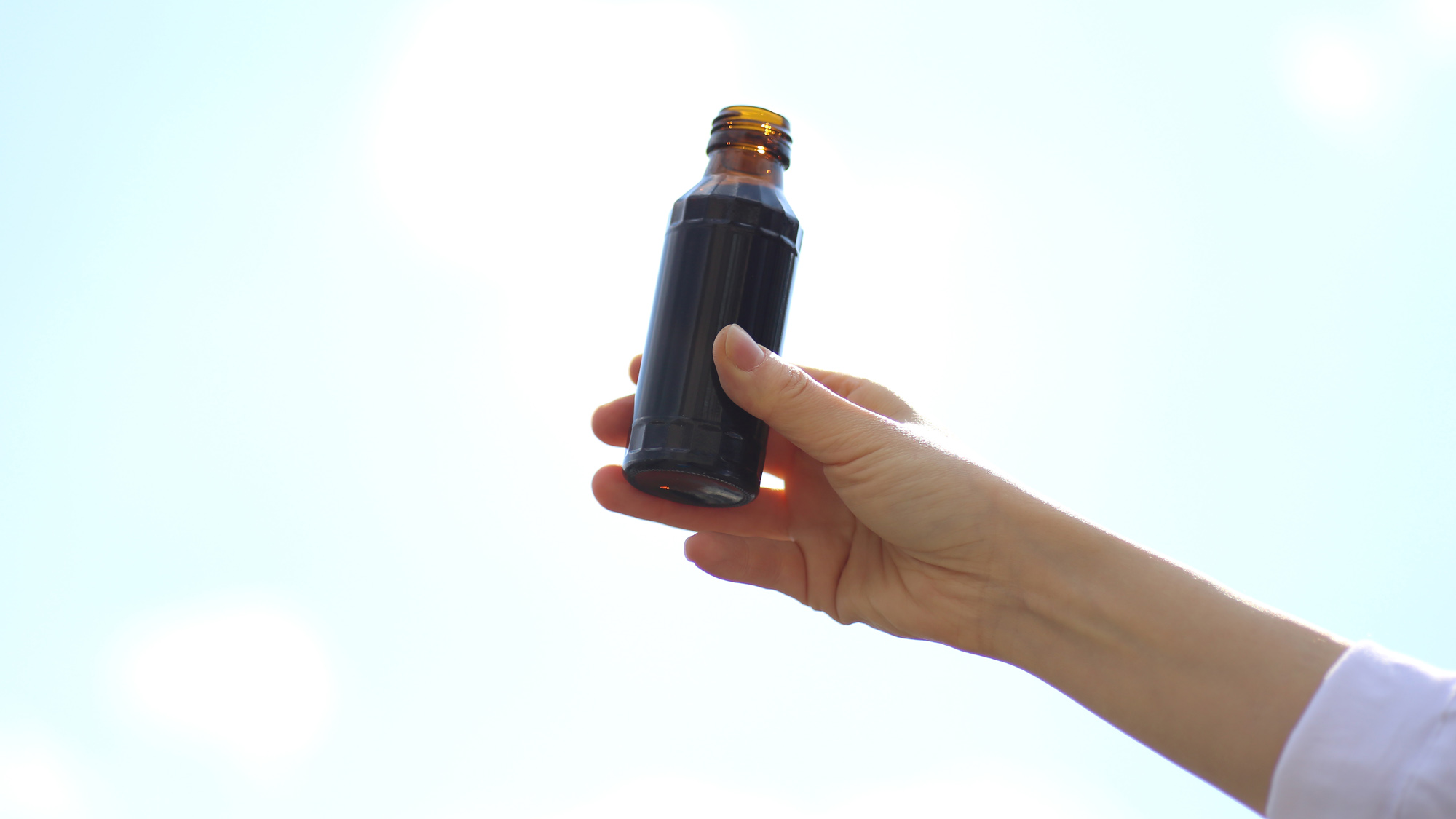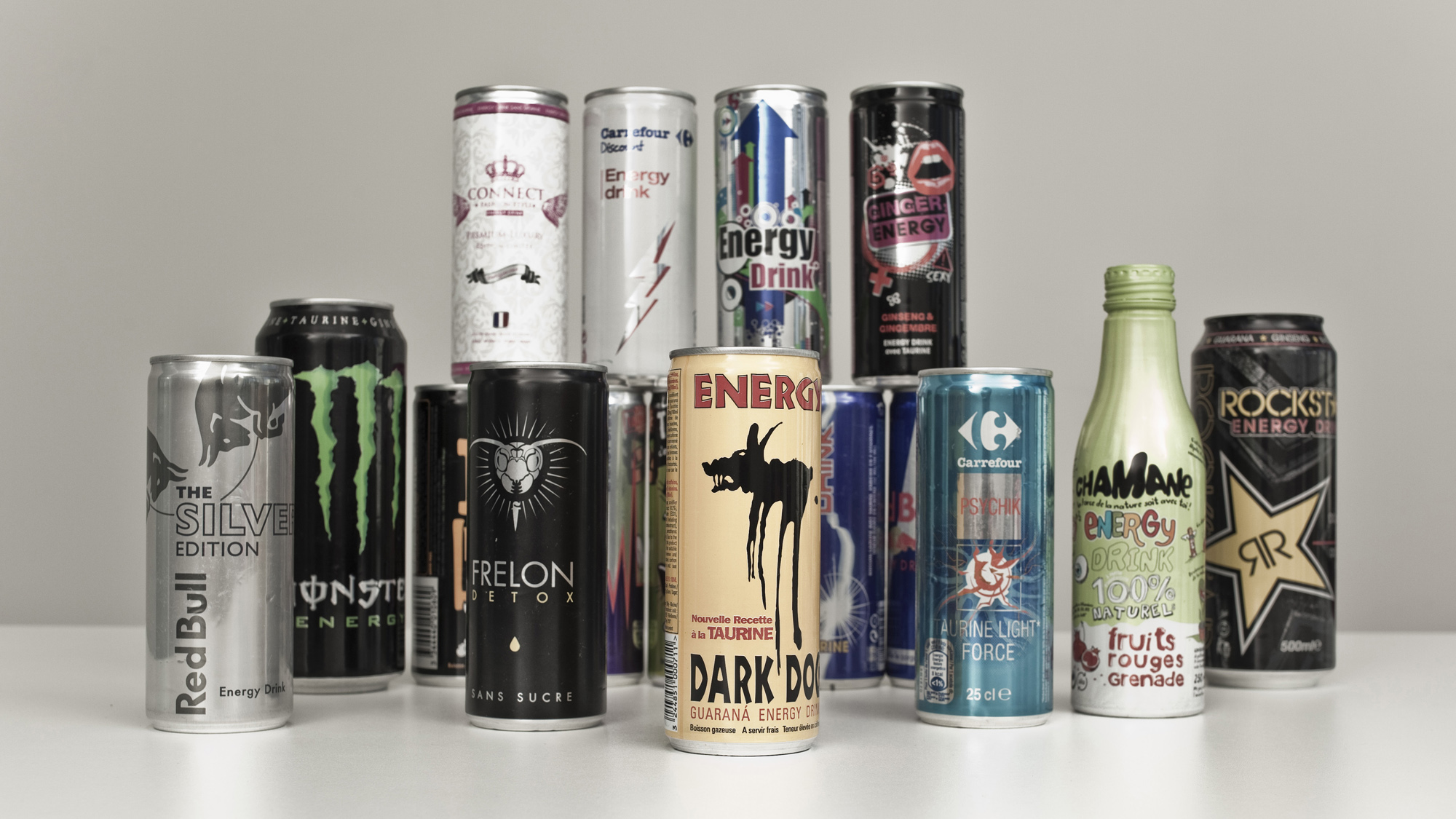Are caffeinated energy drinks bad for your heart? Science weighs in
We've all heard the stories about sudden medical emergencies, but here's the science behind energy drinks


Start your week with achievable workout ideas, health tips and wellbeing advice in your inbox.
You are now subscribed
Your newsletter sign-up was successful
We're all more tired than we would like. Sometimes, sleep evades us, no matter what we try. On other days, it might be that we feel overworked, stressed, or we've been busy filling up our schedules.
Even if you've been using the best sunrise alarm clocks for a more gentle early-morning wake-up, you probably still reach for a cup of coffee or energy drink to get you going.
Over the years, there's been a lot of negative press about the health effects of energy drinks, particularly on your heart. But before you start pouring away what's left of your Red Bull, what does the science say?
This is the question tackled by an analysis published in the World Journal of Cardiology. The authors hoped to take a more objective look at the health concerns behind the high-caffeine beverages.
The paper looks at the ingredients found in these drinks and assesses reported medical problems. They found energy drinks were safe in moderation but probably won't give you the boost you were after.
The alarming stories of people becoming unwell after consuming these drinks are definitely worrying. But the researchers wanted to untangle how much of the medical emergency was due to the drinks themselves.
However, after analyzing the data, the team found that "a large number of serious health risks [were] due to over-consumption of the products or their ingestion in a short period of time."
Start your week with achievable workout ideas, health tips and wellbeing advice in your inbox.
They continued, "Under moderate use and without combining other stimulants or alcohol, the lack of a similar number of case reports makes the risk for such side effects seem negligible."
In fact, there's evidence that, independently, many of the common ingredients, like B vitamins, ginseng, and taurine, may have positive effects on our health. So, what's causing the much-reported medical side effects?

There seem to be two significant factors that contribute to medical issues—notably, over-consumption. A considerable amount of people report heart or other health emergencies after quickly drinking large volumes.
Similarly, and particularly for heart-related complications, these tend to happen in people who have some form of a pre-existing condition. Sometimes this is known to them, but it can also be undiagnosed.
Of course, drinking in moderation or cutting back entirely if you have a medical condition only reduces the risk of harmful side effects. It doesn't mean that the drinks are actually good for you.
The authors note that "there is an overwhelming lack of evidence to substantiate claims that [energy drinks], contribute to the enhancement of physical or cognitive performance."
This isn't the first time the supposed benefits have come into question. While scientists have yet to find evidence of performance-enhancing effects, manufacturers still use these claims in their marketing.
Given there's little evidence to suggest any benefit to these drinks over a cup of coffee, it might make you wonder if they're worth the extra cost, as they typically even contain the same amount of caffeine.
But it might be best just to forgo caffeine altogether. When one of our writers gave up coffee for a week, they found that they had 'better sleep, reduced feelings of anxiety and a more level mood.'
If you're looking for a well-known, effective way to stay hydrated and protect your health, you're better off picking up one of the best water bottles for the gym and sticking to trusty H2O instead.

James is a London-based journalist and Fitness Editor at Fit&Well. He has over five years experience in fitness tech, including time spent as the Buyer’s Guide Editor and Staff Writer at technology publication MakeUseOf. In 2014 he was diagnosed with a chronic health condition, which spurred his interest in health, fitness, and lifestyle management.
In the years since, he has become a devoted meditator, experimented with workout styles and exercises, and used various gadgets to monitor his health. In recent times, James has been absorbed by the intersection between mental health, fitness, sustainability, and environmentalism. When not concerning himself with health and technology, James can be found excitedly checking out each week’s New Music Friday releases.